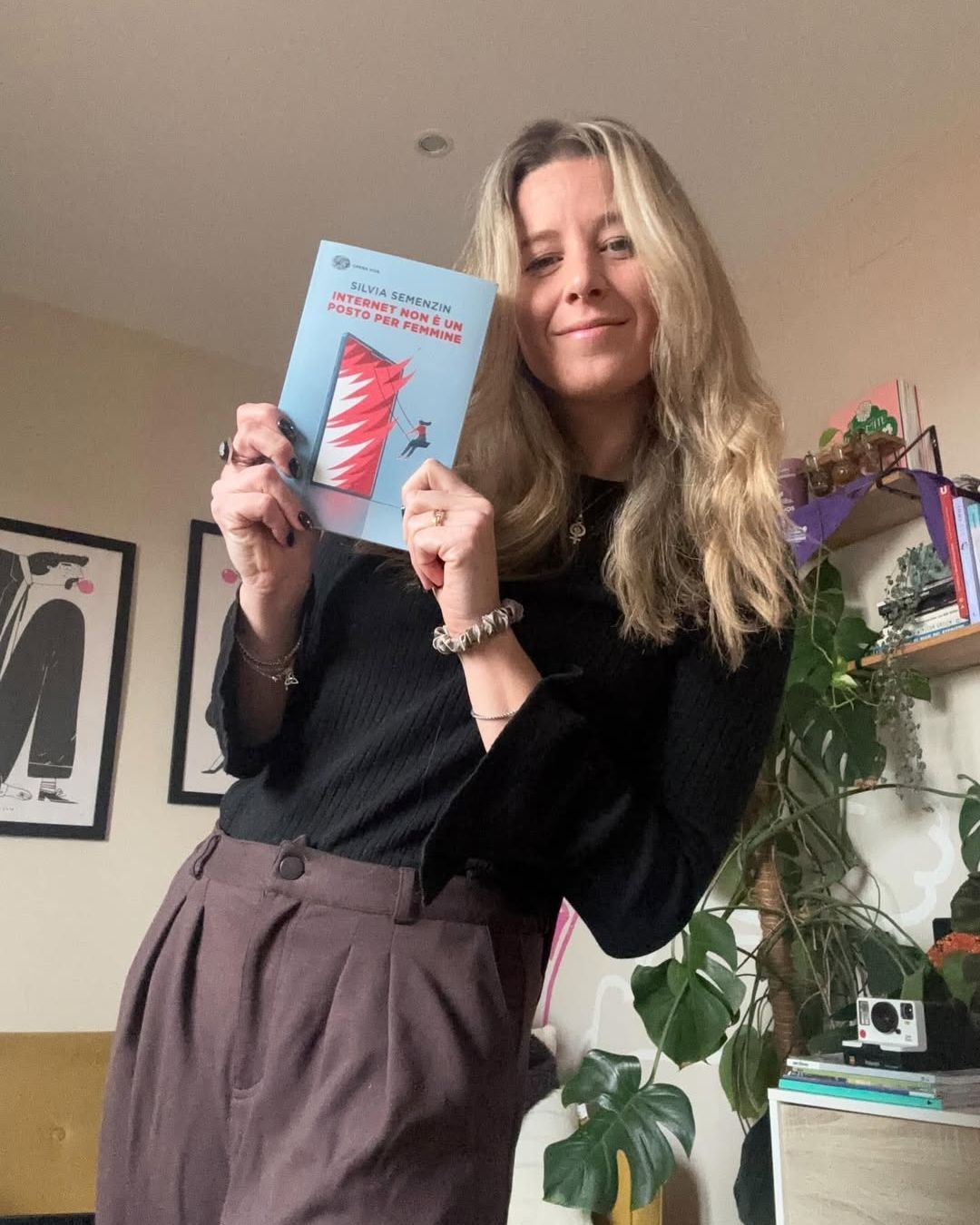
“Girl” really does run the world What we know about being a woman is changing. How women and female-identifying persons operate in the world is changing, and we owe it all to “girl"
We all know Girl Math, right? It’s a TikTok phenomenon looking into how women can quantify and justify just about anything. Or, Girl Dinner? The arrangement of seemingly unrelated and absolutely chaotic pairings of foods to make one meal. What about just the concept of Girlhood? Sparked by the Barbie movie and viral TikTok content around growing up with your girlfriends, “girlhood,” as a concept, has been not only romanticized but authenticated. Meaning that we’re seeing an authentic side to what it means to be a girl while cherishing the genuine moments we have that (typically) boys don’t have. For example, small moments of physical touch, like helping your friend with their hair or holding their hand, is something that men typically don’t get to do. They just don’t have the same outlets to share in their sensitivity that women do, even though that’s changing slowly.
The word “girl” in all of these instances, whether it’s in Girl Math, Girl Dinner, or Girlhood, is more than just a unifier; it’s a way to reframe what it means to be a woman today. Typically, when we think about the concept of being a woman, we think of someone who has everything together. She has her life under control, she’s probably very successful and mature, and she walks about the world with confidence and self-assuredness. On the other hand, when we think about “being a girl,” we don’t think of someone with everything figured out. It’s the opposite. We think about someone who’s figuring it out, who’s trying new things, and who is messy and imperfect, and just an actual person. Somehow, along the line, being a woman got equated with an impossible standard, and what we’re seeing now is a social shift towards the imperfections of being a girl.
@zoesacrowd #stitch with @liz language, domestic labour, femininity, feminism and GIRL DINNER #girldinner #feminism #girl #gworl #patriarchy #domesticlabour original sound - Dr. Zoë | Digital Feminism
On top of this, digital feminist scholar Dr. Zoë states in a TikTok video that the reclaiming of the word “girl” is a way to reclaim something that the patriarchy had historically used to make women feel smaller than men, previously referring to men as “men” and women as “girls.” By reclaiming the term “girl,” not only are we giving ourselves more power in discourse, we are creating a collective female experience that’s built on strength and solidarity.
You might be asking yourself, why is this important? Well, it’s because we’re entering a new phase of feminism, where we’re not just allowed to be our authentic, feminine selves; we’re encouraged. This allows us to shake some of the societal expectations around womanhood, opening up the possibility of being imperfect while creating a community of women and female-identifying persons that has the potential to create lasting societal change. The more women are unified, the easier it is to fight for equality.
This conversation has also led to the Bimbo Movement, a shift within the female and female-identifying community to love “girly” things unapologetically – to love your girlhood, to be silly and goofy, love the color pink, and to have wholesome “girly” fun with your gal pals. This means everything from painting your friend's nails for her to snuggling in bed with your bestie while having a sleepover and telling that girl in the club bathroom you love her outfit. “Bimbofication” says it’s okay to embrace all of the girly, sexy, wonderful sides of yourself and who you are as a woman.
Liberal feminism has always been cringe but this new “bimbo” wave is something else. What’s subversive about regurgitating the same feminine stereotypes men have been using against women forever? https://t.co/64JuCZgHLG
— Lauren (@gothamshitty) October 14, 2023
Sadly, there’s always a flipside. Some are tired of the “bimbofication” of femininity, saying that sometimes it goes too far, downplaying important topics, or, as stated in a Twitter post, “regurgitating the same feminine stereotypes men have been using against women forever.” While true, the purpose of the Bimbo Movement is to reclaim those hurtful stereotypes, similar to how we’re reclaiming the term “girl,” in an effort to allow women to express their femininity in the way that seems right to them without negative retribution. However, it does beg the question, is there a time and a place for being “girly”? Or is the policing of girlhood harming the feminist movement?
Whether you’re a woman, a female-identifying person, or not, girlhood is for all of us. It’s something that isn’t guarded or gate-kept. Embracing the sentiment of “girl” is about being okay with the imperfect, the sensitive, and the collective. It’s about bringing all of us together to enjoy and embrace the beauty of being just a girl.

























































